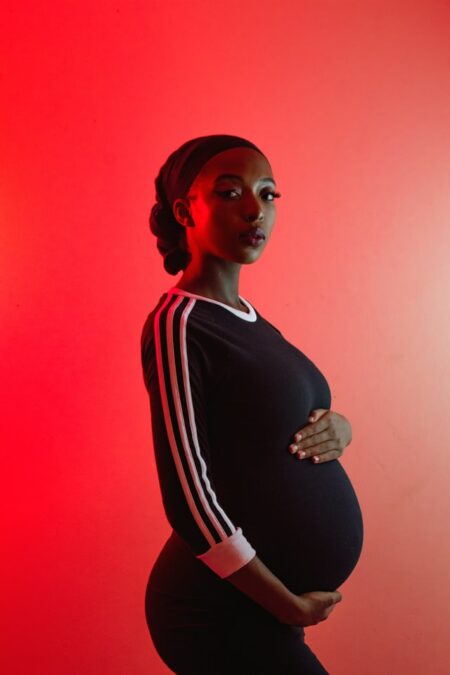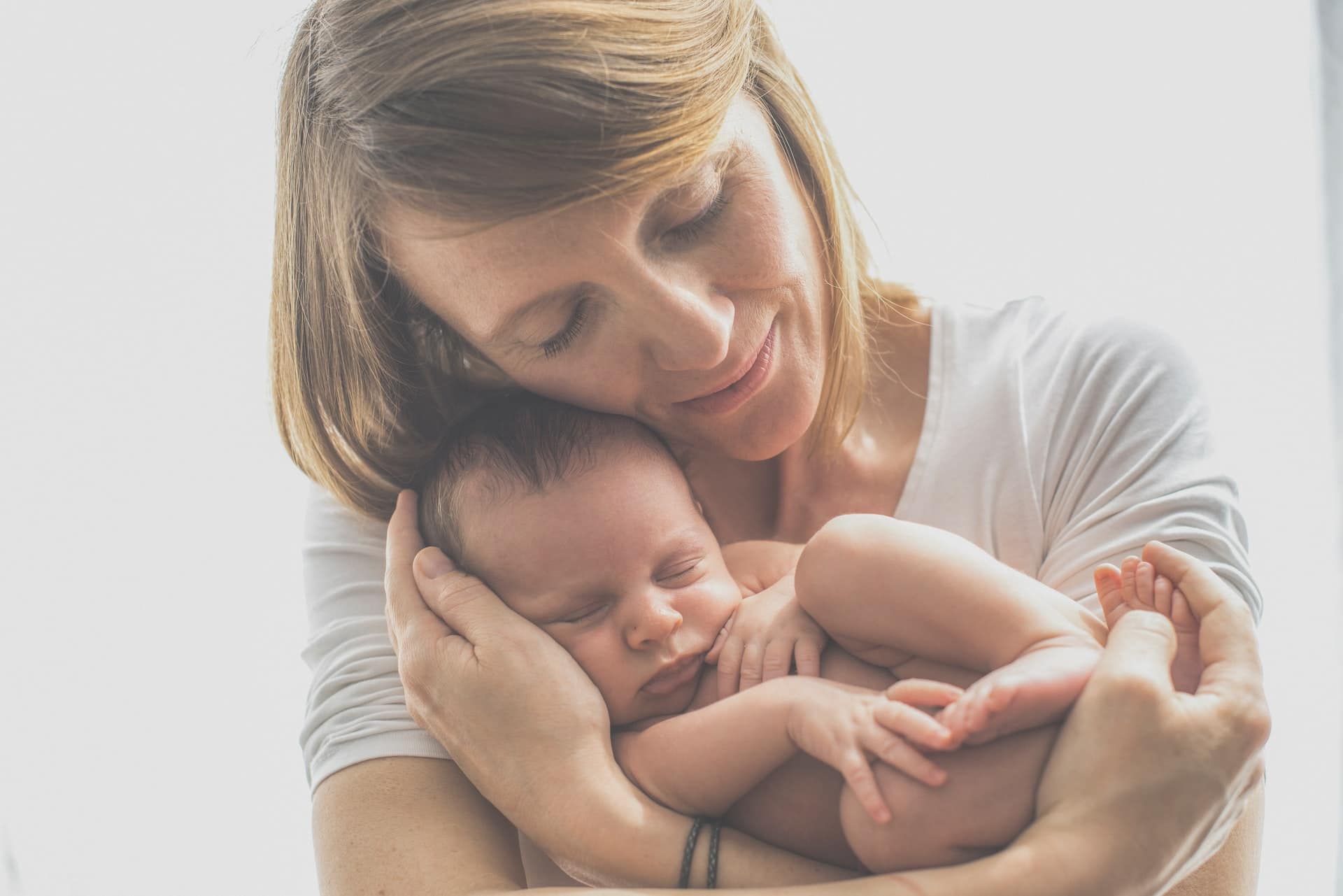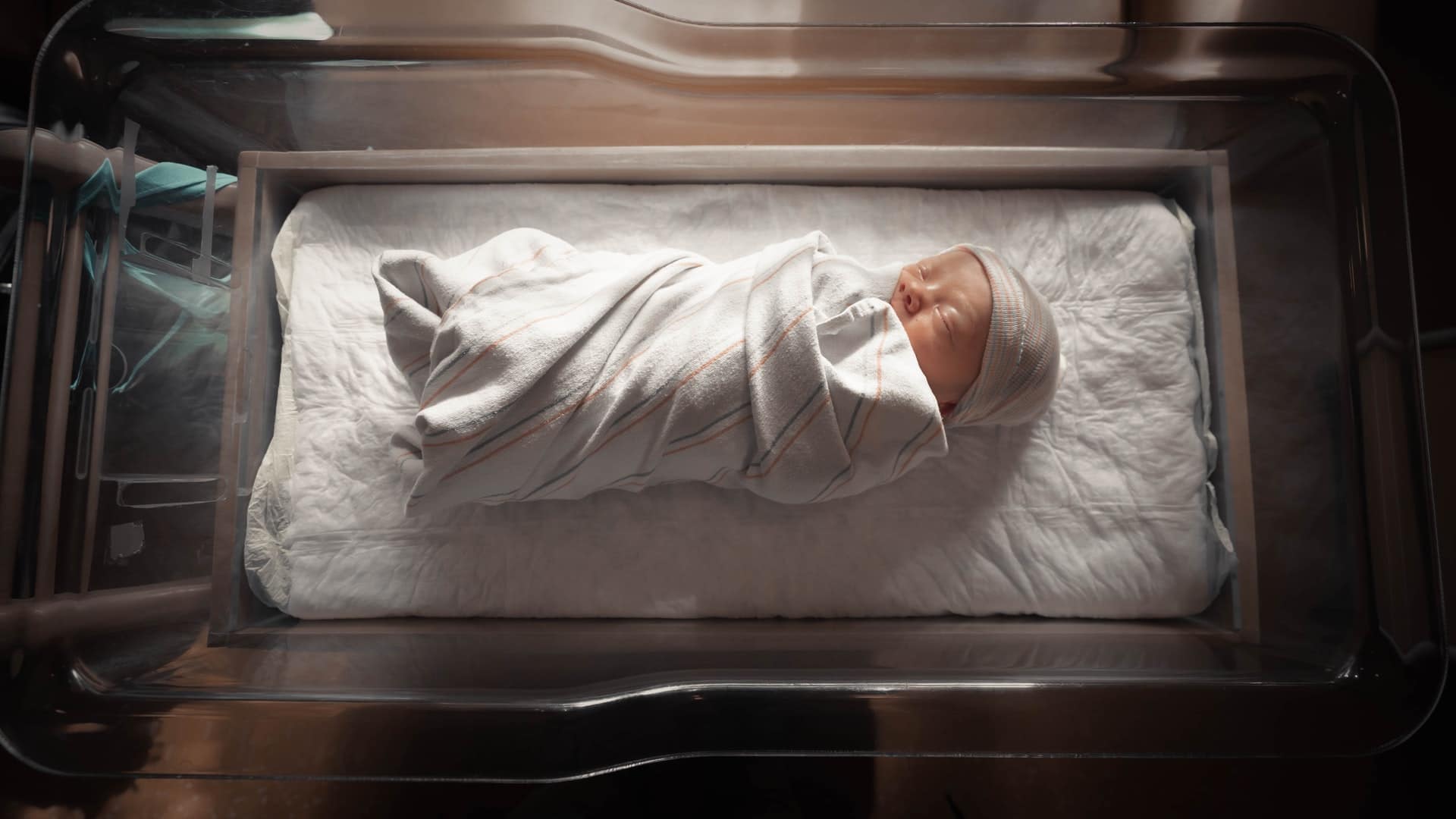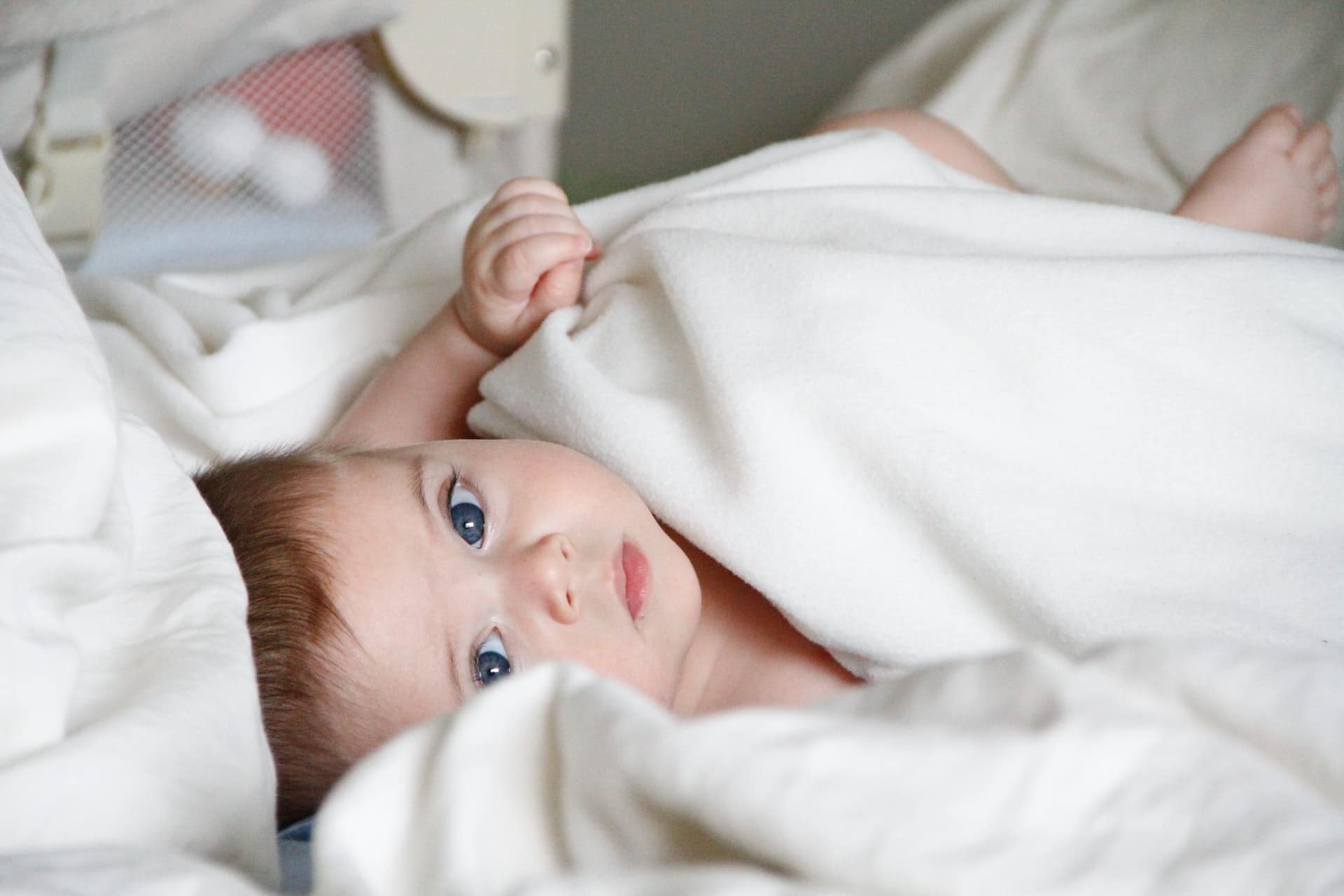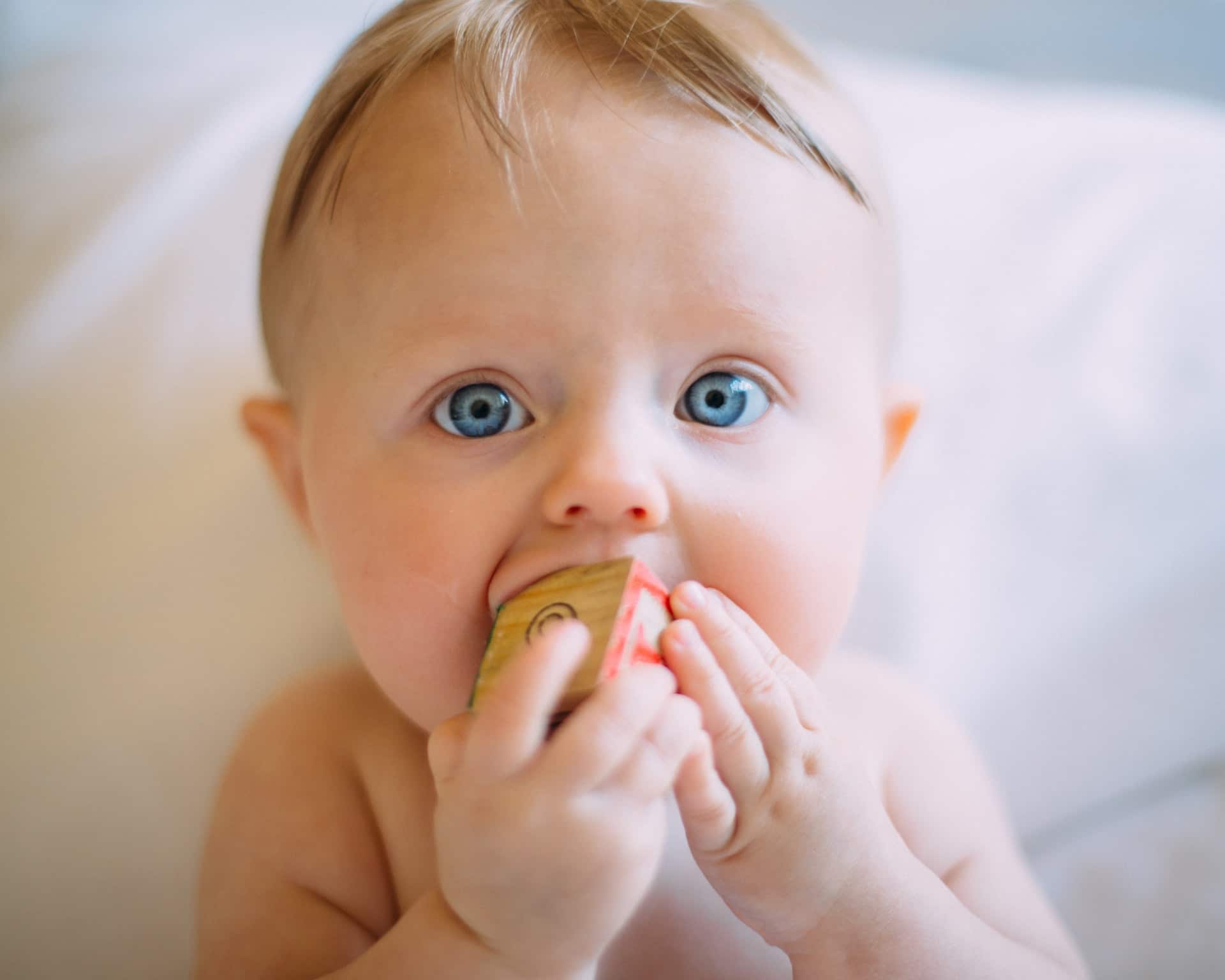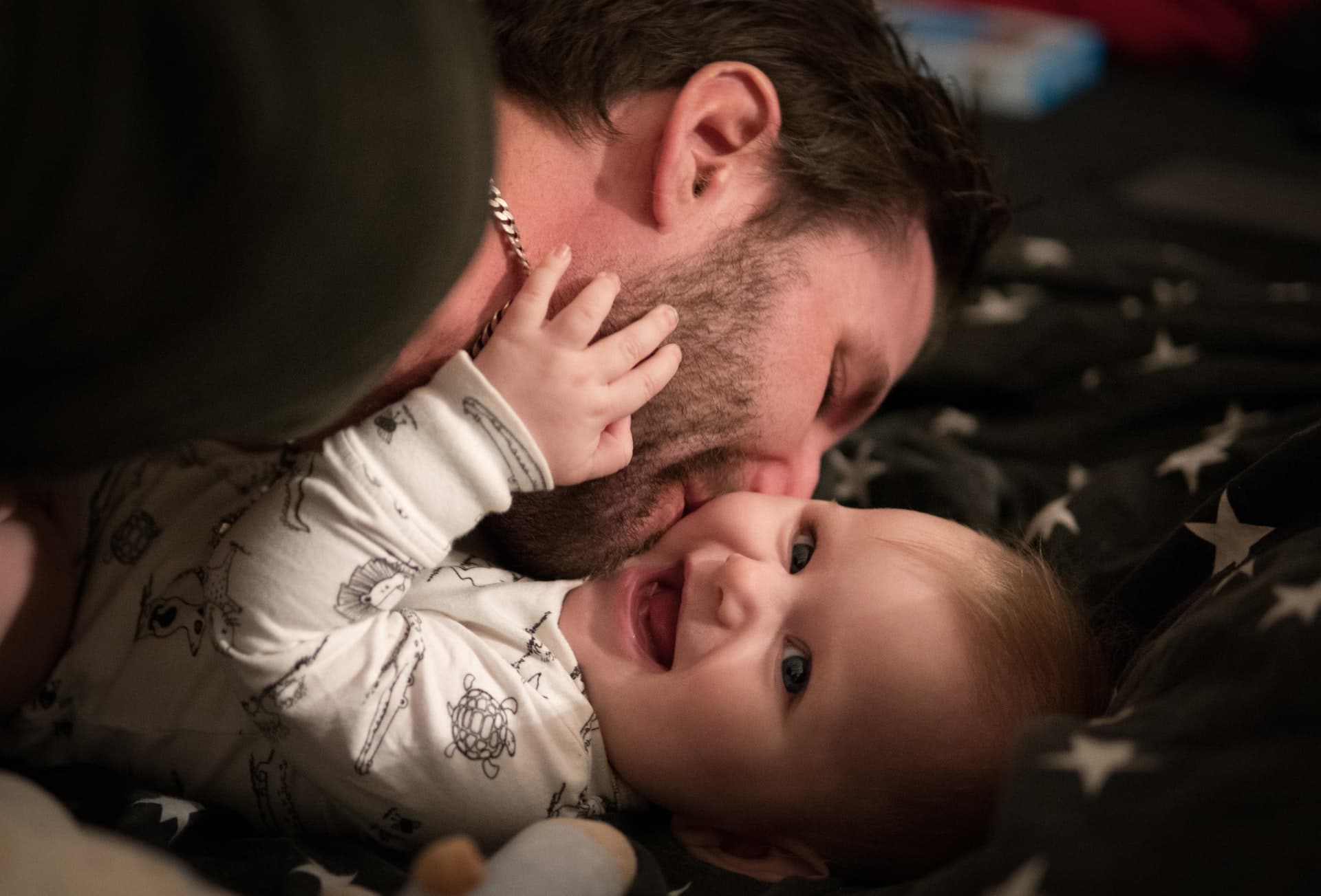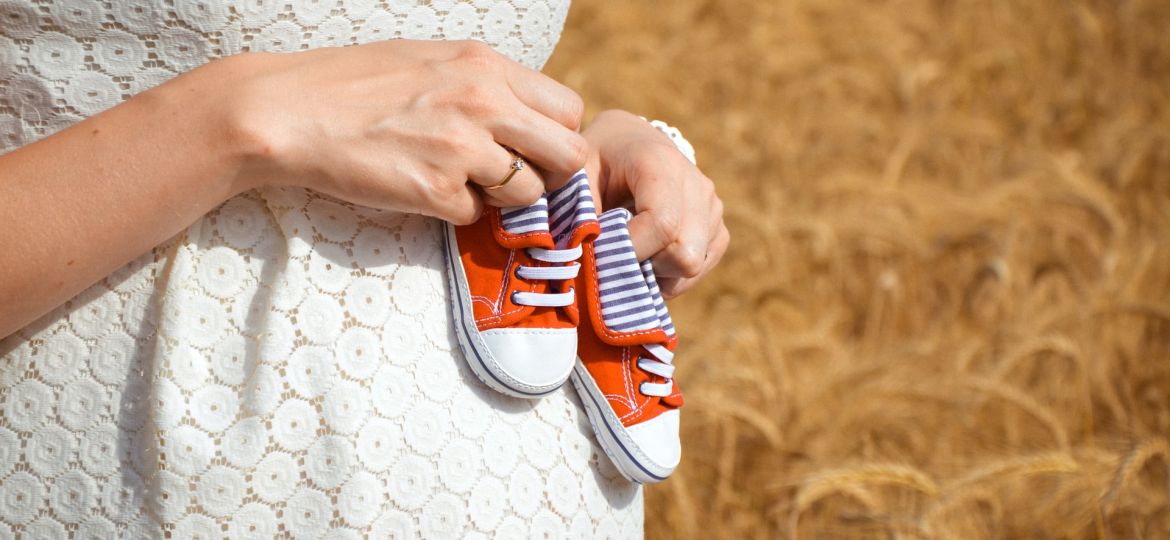
La grossesse est un moment merveilleux. Pendant 9 mois, votre enfant grandit à l’intérieur de votre ventre et un lien particulier se noue entre vous. Vous lui parlez, vous touchez votre ventre ou vous lui faites écouter de la musique. Et même si vous n’avez aucun doute sur le fait qu’il entende le son de votre voix, vous vous demandez s’il ressent les caresses. Bonne nouvelle, la réponse est oui.
Le toucher, premier sens du fœtus
Chez le fœtus, le toucher est le premier sens à apparaître. Bien avant les autres sens tels que la vue et l’ouïe, les premiers récepteurs tactiles seraient présents dès la fin du premier mois de grossesse. À 7 semaines, bébé bouge les lèvres quand quelque chose les frôle.
Au cours du troisième mois de grossesse, ce sont le visage, les pieds et les mains qui réagissent au toucher. Et dès le cinquième mois de grossesse, l’ensemble du corps est recouvert de récepteurs au toucher.
Ainsi, bébé aime attraper son cordon, sucer son pouce ou encore se frotter contre les parois de l’utérus. Il est aussi capable de ressentir les vibrations, les pressions sur le ventre et les contractions utérines.
Caressez votre ventre
You’re in the second trimester of your pregnancy and you can finally feel your baby moving. This little rascal is actually testing his sense of touch. He appreciates caresses and likes the contact of his skin on the uterine wall. What if it’s time to stroke your belly?
When you stroke your belly or apply gentle pressure, your baby feels and appreciates it. Safe in your womb, he feels your presence and affection. Try it. Sit quietly and press lightly on a part of your belly. You will see that your baby will instantly come and snuggle in the palm of your hand. You are at the end of your pregnancy and your baby hurts you with his little foot? Don’t hesitate to apply gentle pressure. He will surely react by moving and relieving you.
Also think about involving the father. He is probably already used to talking to him. Offer to stroke your belly. Your baby will react to his caresses and a strong bond can be created between them.
I talk to him and sing to him, is that enough?
Even if your baby surely appreciates your lullabies and already recognizes your voice among all those around him, the caresses on the belly remain a privileged moment of sharing between you. Indeed, touch is one of your child’s favorite senses.
In fact, recent studies suggest that the fetus reacts much more to caresses than to voices. For example, when a mother touches her belly, the fetus moves its arms, head and mouth. However, the fetus would not move in the same way at the sound of the mother’s voice. So while talking to your baby is a good idea, talking to her and offering her a touch is even better.
Haptonomy
During your visits to the midwife, she may have offered you haptonomy sessions. Haptonomy is a technique that allows parents-to-be to communicate with their baby through caresses and pressure on the belly.
During the sessions, the mom, but also the dad, will learn how to rock their baby, play with him, move him, by putting their hands on the belly. The father-to-be can even learn some gestures to relieve the pain on the day of delivery. The parents-to-be will be surprised to see how much their baby will love to interact with them and respond to their caresses.
The benefits of haptonomy are numerous since, in addition to strengthening the parent-child bond, the caresses will bring emotional security to the baby as well as great serenity in the parents’ arms.
It is possible to start haptonomy from the beginning of the pregnancy even if the interactions are only present from the fourth month of pregnancy.

